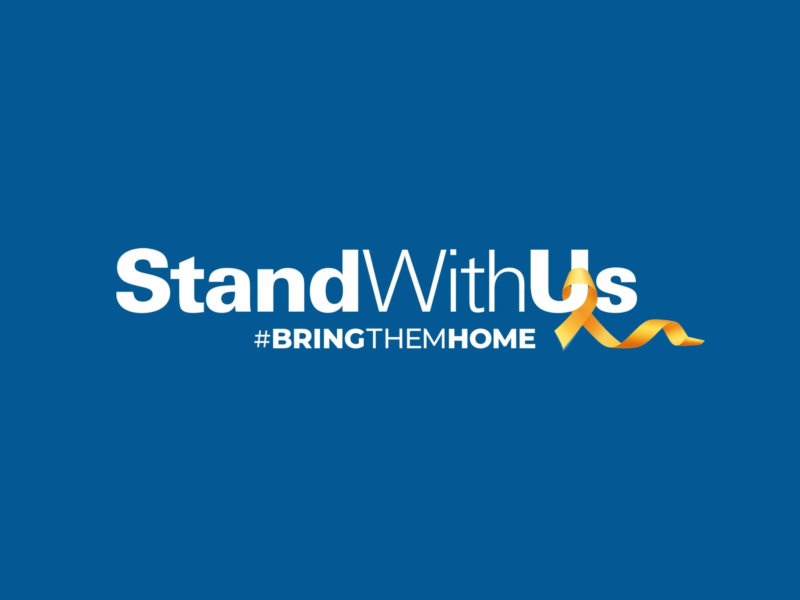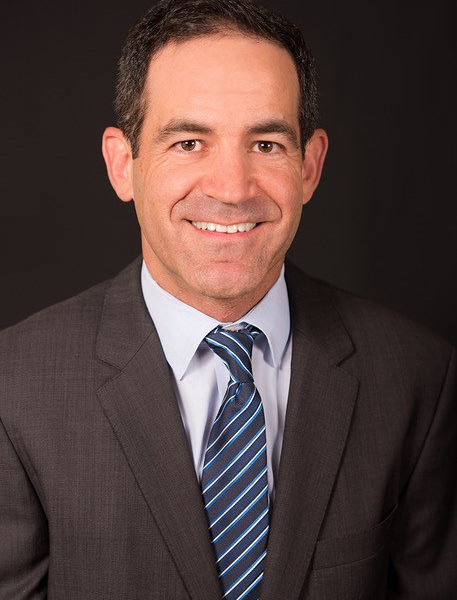By Heather R. Pierson
As the parent of a child with a disability, it is important to understand your child’s rights within the educational setting. However, the laws and processes governing the rights of students with disabilities can be overwhelming and difficult to understand.
Generally, if a public school receives federal funds, three laws protect the rights of students with disabilities: The Americans with Disabilities Act (ADA), the Individuals with Disabilities Education Act (IDEA) and Section 504 of the Rehabilitation Act of 1973 (“Section 504”). The most common laws referenced and applied by schools are the IDEA and Section 504.
The IDEA is the federal law that generally governs special education services within public schools. A public school’s obligations under the IDEA can be broken down into five major areas:
1 Child find (identify and locate)
2 Evaluation
3 Eligibility determination
4 Individualized education program
5 Procedural safeguards
This article explains the different laws that apply to public schools and addresses the child find responsibilities of all public schools, also known as public education agencies (PEA), under the IDEA.
What is the ADA?
The Americans with Disabilities Act (ADA) protects students with disabilities from discrimination by public entities (Title II). Students enrolled in public schools (including charter schools) are covered by Title II, which prohibits disability-based discrimination by all state and local governments, regardless of whether the entities receive federal funds. A student has a disability if s/he has a physical or mental impairment that substantially limits one or more major life activity, has a record of such an impairment or is regarded by the school as having such an impairment. Such a student is protected from discrimination on the basis of disability.
For example, a school cannot deny admittance, deny an equal opportunity to participate in all school activities or fail to ensure effective communication with the student because of a student’s disability. Practically speaking, Title II requires that a school make reasonable modifications to its policies, practices and procedures and/or provide auxiliary aids and services to ensure that students with disabilities can participate in school in the same ways that students without disabilities are able to participate.
There are some exceptions. For instance, if a school can demonstrate that a modification would cause a fundamental alteration to a program, then it will not be required to make the modification. (A school should not rely on the exception without consultation with legal counsel).
What is the IDEA?
The Individuals with Disabilities Education Act (IDEA) provides federal funds to state education agencies (the Arizona Department of Education) and local education agencies (school districts/charter schools) to ensure that students who meet the eligibility requirements for IDEA coverage receive a free appropriate public education (FAPE) through the provision of special education and related services. Students who are eligible for IDEA coverage must have a written individualized education program (IEP) drafted by an IEP team.
The requirements for eligibility, members of the IEP team and components of the IEP itself are set out in the Arizona Administrative Code at R7-2-401, et al. For many students with IEPs, FAPE will require accommodations be provided to the student; these accommodations would likely also be necessary under Title II of the ADA and/or Section 504. Therefore, if the accommodations necessary to obtain FAPE are written into an IEP, the school will generally have met its obligations under the ADA and/or Section 504.
For instance, if a student with a disability requires special transportation in order to have an equal opportunity to participate in the school’s programs and activities, that transportation would be required as a reasonable modification to policies, procedures and practices under the ADA and, if the student has been determined eligible under the IDEA, would be included in the student’s IEP. If the transportation is provided pursuant to the IEP, the school has also met its ADA obligations.
What is Section 504?
Section 504 of the Rehabilitation Act of 1973 prohibits discrimination against qualified individuals with disability (including students) by recipients of federal financial assistance. The courts have determined that the definition of disability and all of the obligations created under the ADA also apply to individuals covered by the Rehabilitation Act. Therefore, a public school that receives federal funds has the same obligations under Section 504 as it has under Title II of the ADA.
However, Section 504 as it applies to students also has many procedural similarities to the IDEA. For instance, a student who has a disability (as defined in the paragraph discussing the ADA) must be evaluated and a Section 504 plan drafted in much the same way that a student who qualifies for special education or related services under the IDEA must be evaluated and an IEP drafted; the school has an obligation under Section 504 to provide FAPE to the student. Schools must convene a 504 team to discuss the student’s disability and the accommodations/modifications necessary to ensure that the student will have access to FAPE.
Public Schools’ Obligation for Child Find Under the IDEA
Under the IDEA, PEAs have an affirmative obligation to identify, locate and evaluate students with disabilities who are in need of special education and related services, a process called “child find.”
The PEA in which the parent resides is responsible for child find activities unless:
The student is enrolled in a charter school or PEA that is not a school district. In that case, the charter school or PEA is responsible for child find activities; or
The student attends a nonprofit private school. In that case, the boundary in which the private school is located is responsible for child find activities.
For example, if you reside in District A and your child attends a nonprofit private school in District B, then District B is responsible for child find activities. If you reside in District A and your child attends a for-profit school in District B, then District A is responsible for the child find activities because your child attends a for-profit school.
If you believe your child has a disability and would like him/her to be evaluated, you should contact the PEA responsible for child find. If your child attends a school in your home district or a charter school, contact your child’s classroom teacher. If your child attends a private school, contact the special education department of the district with the child find responsibilities. In either case, you should submit your inquiry in writing, including the date.
Just because you request an evaluation, the PEA is not required to evaluate your child; the PEA only has an affirmative obligation to evaluate children who it believes have a disability and require special education and related services because of that disability. If the PEA determines that an evaluation is not warranted, it must issue a prior written notice delineating the reasons for the decision. If the PEA determines that evaluation is warranted, it has an obligation to conduct a review of existing data to determine what areas of evaluation are needed. Furthermore, the PEA does not have an obligation to evaluate a child because a pediatrician or other outside professional has made the recommendation. While such information will be considered, it is not the determining factor in deciding whether to evaluate a child for special education and related services. Again, if the PEA determines that it will not evaluate a student, then it must issue a prior written notice explaining the determination.
Heather R. Pierson is an attorney with Udall Shumway PLC whose focus is on special education and disability-related matters. This article should be used for informational purposes only. It does not create an attorney-client relationship with any reader and should not be construed as legal advice. If you need legal advice regarding Education Law matters, please feel free to contact Udall Shumway PLC at 480-461-5300, visit udallshumway.com or contact an attorney in your area. Udall Shumway PLC is a full-service law firm in Mesa, Arizona. We assist individuals, families, businesses, schools and municipalities in Mesa and the Phoenix/East Valley.






